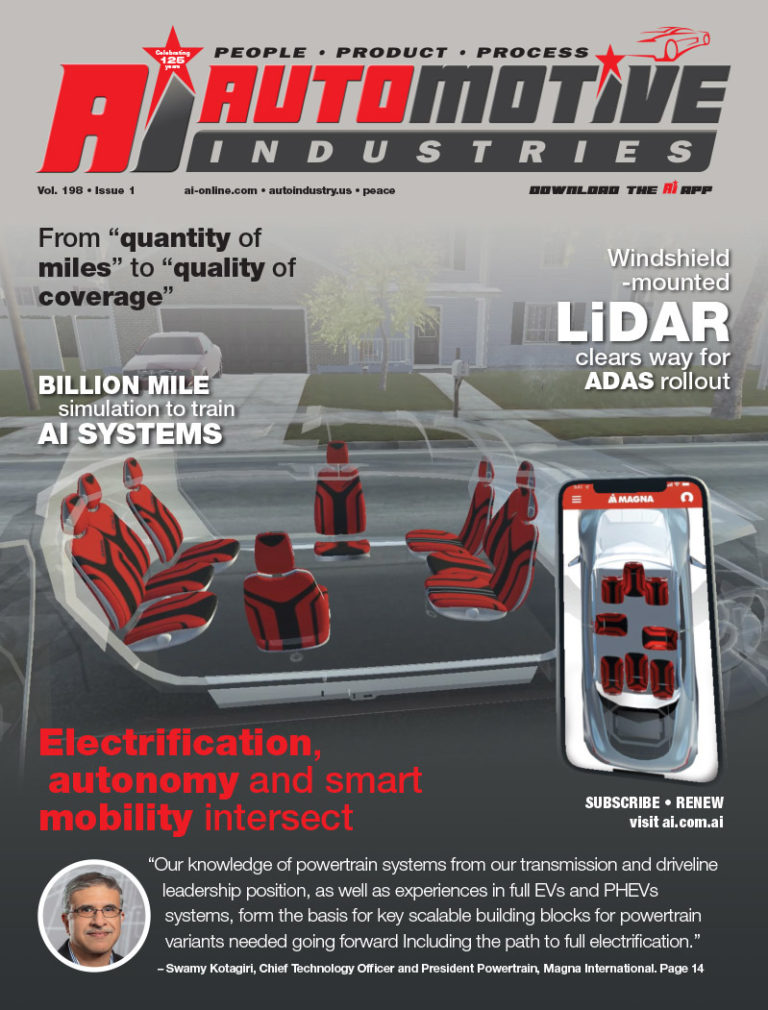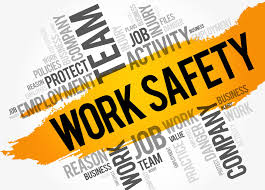 In the mid- to late-1990s, German auto companies were posting record profits that were mainly the result of success in the United States and other export markets. Volkswagen’s fortunes were turning around as Americans again warmed to the charms of the new Beetle and follow up models.
In the mid- to late-1990s, German auto companies were posting record profits that were mainly the result of success in the United States and other export markets. Volkswagen’s fortunes were turning around as Americans again warmed to the charms of the new Beetle and follow up models.
Mercedes succeeded in re-establishing itself as the premier luxury brand after a scare from Lexus and the failure of the “S” model which was criticized as being overweight and over-engineered. BMW opened its factory in South Carolina, expanded its model range and became one of the fastest growing up market brands.
These were heady days for the German auto industry. With profits soaring, much of the industry deployed its cash in questionable projects. Ferdinand Piech decided to waste VW capital on a “glass” factory in Dresden where too few buyers watch their Phaetons being assembled. The company also targeted more investments in China.
Daimler set off on a global expansion campaign and acquired Chrysler, took on responsibility for running Mitsubishi and engaged in other misadventures with Hyundai along the way. Only BMW was spared the trauma caused by excess testosterone and too much cash. Having gone through a difficult management shakeup it stuck to what it did best: build some great cars.
For a time it seemed that German auto companies had overcome some of the burden of very high labor costs and low productivity. These companies, like their American counterparts, came up short in head-to-head comparisons with the Japanese. In the early 1990s there was plenty of hand wringing over these cost disadvantages and much effort devoted to shrinking the gaps.
But no one questioned the nature and source of the German automotive miracle as year-afteryear industry profits rose. There seemed to be some evidence of fundamental cost improvement along with great cars. Consumers around the world, but especially in the U.S., wanted them.
The collective share of the U.S. market held by Europeans who were mainly Germans, climbed along with corporate profits.
Then just over a year ago their dependence on the value of the dollar to sustain those heady profits started to become an issue. Even with hedging, the fall in the value of the dollar is cutting into the earnings of every German auto company. And exposing the fact that underlying production economics in Germany are still poor.
If the Euro stays at $1.26 or higher the pain will become more acute exposing what is now becoming quite obvious.
Without wanting to advocate dumping, there really doesn’t seem to be much choice. German car companies can raise prices, sell fewer cars and see their profits collapse, or they can hold the line on prices, see their margins shrink.
The German auto industry lacks the flexibility, cost competitiveness, or global production footprint that might give it some relief from this economic shot in the solar plexus.
The German auto industry remains heavily dependent on the U.S. for a disproportionate share of its profits and that dependence has resulted in huge risk. The previously strong D Mark or, as of 2000, the Euro, masked the underlying weakness of this country even with its products skewed to luxury models.
Even with hedging, itself an expensive exercise, the German auto industry faces a sharp drop in profits at a time when many of the key players have to fix fundamental problems. Can VW ever recover the investment in the Phaeton? What will it do now that its Chinese margins and market share are also under pressure?
Daimler has just replaced the management at Mitsubishi with another team who has their work cut out for them. Meanwhile, Chrysler will be challenged to meet sales targets on its new models, Mercedes quality is in need of fixing (no, it isn’t customer expectations that have risen — it’s the fact that they are taking their cars back to dealers too often for warranty repairs) and other parts of the Daimler empire are struggling and Porsche, though successful with the Cayenne, is seeing the end of the roadster sales.
Unlike GM which has made progress on the basis of manufacturing, the German auto industry has yet to respond adequately to the Japanese challenge.
Maryann Keller is a veteran auto industry analyst and author of the books “Rude Awakening: The Rise, Fall and Struggle to Recover at General Motors” and “Collision: GM, Toyota and Volkswagen and the Race to Own the 21st Century.”
- Mar 2004
- Maryann Keller














































 Supplier Tech
Supplier Tech



